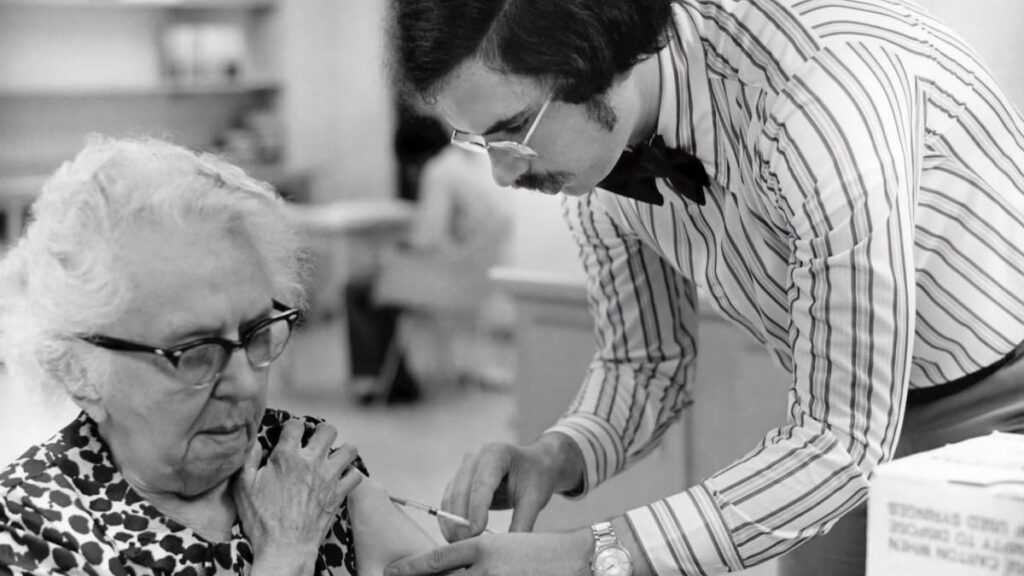The recent arrival of a measles vaccine in Africa marks a significant step in the fight against a disease that has skyrocketed in the Democratic Republic of Congo. On September 13, the World Health Organization (WHO) approved the use of the vaccine Jynneos, manufactured by Bavarian Nordic. This vaccine is intended to address the alarming rise in measles cases across the continent, particularly as the epidemic spreads from Congo to neighboring countries. The ongoing situation has raised concerns among health experts about the evolving nature of the virus.
Understanding the current epidemic
Historically, mpox has been known to infect individuals sporadically, primarily through contact with infected animals. However, in recent years the dynamic has changed. Jean Nachega, an epidemiologist from the University of Pittsburgh, pointed out that strains of the I virus now spread more efficiently between people, including through sexual networks. As of September 13, approximately 6,000 confirmed cases of measles have been reported in 15 African countries, with more than 700 deaths attributed to the virus.
Concerns about vaccine effectiveness
Despite the introduction of vaccines, significant challenges remain. Ayoade Alakija, an infectious disease physician and president of the African Union Vaccine Delivery Alliance, emphasized the need for comprehensive health care strategies beyond vaccination. The MVA-BN vaccine has been pre-qualified by the WHO in a press release and is being sent to Africa.
The MVA-BN vaccine can be administered to people over the age of 18 as a two-dose injection four weeks apart, according to the WHO.
The African Centers for Disease Control and Prevention said about 10 million doses are needed to effectively manage outbreaks. However, the efficacy of existing smallpox vaccines against clade I smallpox variants remains uncertain.
The way forward
Understanding its dynamics is key to suppressing mpox transmission. Many confirmed cases have occurred in children under the age of 15, raising further questions about the routes of transmission of the virus. Without adequate vaccination and public health measures, the threat of measles will continue to exist in Africa, requiring concerted efforts to protect vulnerable populations.


